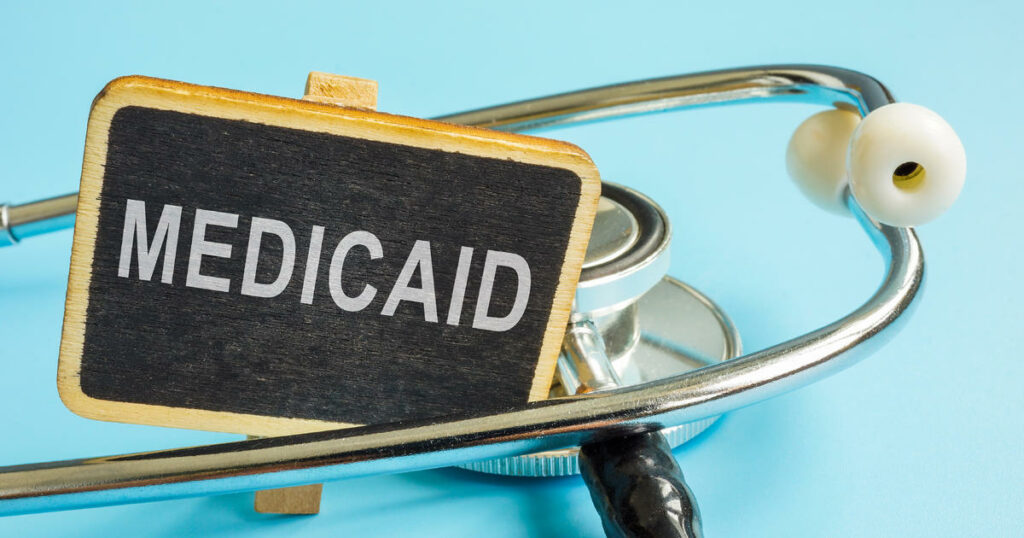Medicaid Policies that Work for SBHCs
In 2017, SBHA surveyed the Medicaid offices of the 18 states at the time that provided dedicated state funding for SBHCs. We identified three key policies that support SBHCs. These include defining SBHCs as a provider type, waiving prior authorization for SBHCs, and mandating Medicaid MCOs to reimburse SBHCs.
Seven state Medicaid agencies (Delaware, Illinois, Louisiana, Maine, New Mexico, North Carolina, and West Virginia) define SBHCs as a specific provider type. By assigning a unique ID number, Medicaid agencies are able to identify and differentiate services provided at an SBHC from those of its sponsoring agency. This policy is particularly important for directly attributing quality performance and improved health care outcomes to SBHCs. SBHCs that receive a unique Medicaid ID number in Illinois, Louisiana, New Mexico, and North Carolina are credentialed by the state to assure their adherence to quality standards are consistent with health care industry practice.
Under many states’ Medicaid managed care programs, beneficiaries must choose (or be designated) a primary care provider (PCP). Patient care provided by non-PCPs often requires approval–or prior authorization–from the PCP in order to provide and bill Medicaid for those services. Eight state Medicaid agencies (Connecticut, Delaware, Illinois, Louisiana, Maine, Maryland, North Carolina, and West Virginia) waive prior authorization requirements for SBHCs so they are not burdened with seeking permission from their students’ PCPs in order to be paid by Medicaid.
Payment for health care encounters is often restricted to providers designated as the child’s primary care home in states that contract with managed care organizations (MCO) to administer health benefits for Medicaid enrollees. State policies in Louisiana, Maryland, Michigan, and New Mexico require Medicaid MCOs to pay for “self-referred” visits by enrollees to the SBHC–even when “out of network.” Such policies do not necessarily obviate the need for a contract between managed care plans and SBHCs, but assure compensation to the SBHC if none exists.
Medicaid Policies That Work for SBHCs
Several state Medicaid programs enforce policies that protect and promote reimbursement for services delivered in school-based health centers (SBHCs). The School-Based Health Alliance encourages the school-based health care field to advocate for these or similar polices in their state Medicaid program.
SBHCs as a Provider Type
Seven state Medicaid agencies (Delaware, Illinois, Louisiana, Maine, New Mexico, North Carolina, and West Virginia) define SBHCs as a specific provider type. By assigning a unique ID number, Medicaid agencies are able to identify and differentiate services provided at an SBHC from those of its sponsoring agency. This policy is particularly important for directly attributing quality performance and improved health care outcomes to SBHCs.
SBHCs that receive a unique Medicaid ID number in Illinois, Louisiana, New Mexico, and North Carolina are credentialed by the state to assure their adherence to quality standards are consistent with health care industry practice.
Sample Policy Documentation


Waive Prior Authorization for SBHCs
Under many states’ Medicaid managed care programs, beneficiaries must choose (or be designated) a primary care provider (PCP). Patient care provided by non-PCPs often requires approval–or prior authorization–from the PCP in order to provide and bill Medicaid for those services. Eight state Medicaid agencies (Connecticut, Delaware, Illinois, Louisiana, Maine, Maryland, North Carolina, and West Virginia) waive prior authorization requirements for SBHCs so they are not burdened with seeking permission from their students’ PCPs in order to be paid by Medicaid.
Sample Policy Documentation
Managed Care Organization Required to Reimburse SBHC
Payment for health care encounters is often restricted to providers designated as the child’s primary care home in states that contract with managed care organizations (MCO) to administer health benefits for Medicaid enrollees. State policies in Louisiana, Maryland, Michigan, and New Mexico require Medicaid MCOs to pay for “self-referred” visits by enrollees to the SBHC–even when “out of network.” Such policies do not necessarily obviate the need for a contract between managed care plans and SBHCs, but assure compensation to the SBHC if none exists.
Sample Policy Documentation